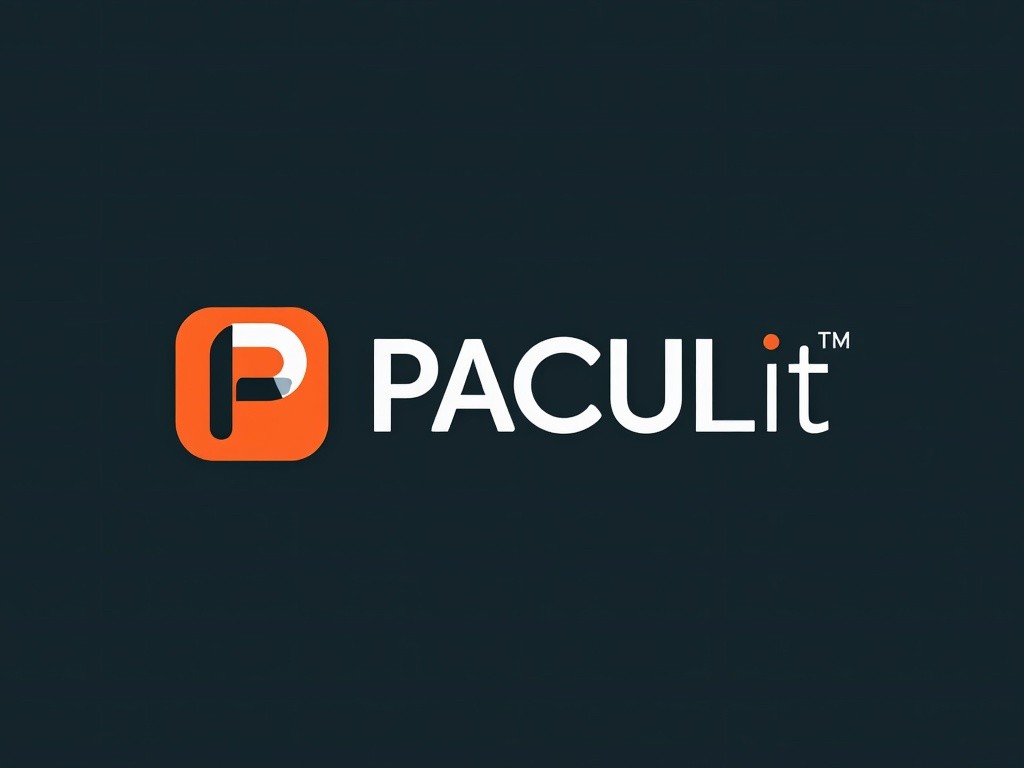Bhatt DL, et al. “Effect of Platelet Inhibition with Cangrelor during PCI on Ischemic Events”. The New England Journal of Medicine. 2013. 368(14):1303-1313.
Resources
Contents

Article Identification
- Title: “Effect of Platelet Inhibition with Cangrelor during PCI on Ischemic Events” (CHAMPION PHOENIX)
- Citation: Bhatt DL et al. N Engl J Med. 2013;369(25):2319-2330.
- PMID: 23473369
Quick Reference Summary
- In this large, double-blind trial (N=11,145), intravenous cangrelor significantly reduced the composite of death, myocardial infarction, ischemia-driven revascularization, or stent thrombosis at 48 hours (p=0.005) compared with clopidogrel, without increasing severe bleeding (p=0.44).
- Absolute difference in the primary endpoint was 1.2%, yielding a number needed to treat of 84, and stent thrombosis was also reduced (p=0.01).
Core Clinical Question
In patients undergoing urgent or elective percutaneous coronary intervention (PCI) who have not received a prior P2Y12 inhibitor, does intravenous cangrelor (bolus plus infusion) reduce 48-hour ischemic complications more effectively than a standard oral clopidogrel loading dose?
Background
- Disease Overview: PCI is widely used to mitigate risks in acute coronary syndromes and improve quality of life in stable angina patients.
- Prior Data: Previous studies indicated that cangrelor reduced stent thrombosis but did not meet some primary endpoints.
- Current Standard of Care:
- Standard therapy involves aspirin plus an oral P2Y12 inhibitor during PCI.
- Potent oral agents are often favored in acute coronary syndromes.
- Knowledge Gaps: Need for a rapid-acting, intravenous antiplatelet agent achieving immediate, potent inhibition with rapid offset.
- Study Rationale: Cangrelor's properties make it a candidate for improved outcomes compared with oral clopidogrel loading.
Methods Summary
- Study Design: Double-blind, placebo-controlled, randomized trial comparing intravenous cangrelor versus clopidogrel loading dose.
- Setting and Time Period: 153 global sites from September 2010 to October 2012.
- Population Characteristics: 11,145 adults undergoing PCI for various conditions, excluding recent P2Y12 users.
- Intervention: Cangrelor: IV bolus followed by infusion.
- Control: Standard therapy with clopidogrel loading dose.
- Outcomes: Composite efficacy endpoint, stent thrombosis, and safety outcomes.
- Analysis and Sample Size: 10,900 sample for 85% power for primary endpoint detection; independent analysis.
Detailed Results
- Demographics: 11,145 randomized; mean age 64 years; 28% female.
- Primary Outcome: 4.7% with cangrelor vs. 5.9% with clopidogrel for composite endpoint (p=0.005).
- Stent Thrombosis: 0.8% with cangrelor vs. 1.4% with clopidogrel (p=0.01).
- Secondary Outcomes: Lower intraprocedural stent thrombosis and rescue GP IIb/IIIa inhibitor use with cangrelor.
- Safety/Adverse Events: No significant increase in severe bleeding, but transient dyspnea occurred more with cangrelor (p<0.001).
Results Table
| Outcome | Cangrelor | Clopidogrel | Difference (95% CI) | P-value |
|---|---|---|---|---|
| Primary Efficacy (Death, MI, Revasc, ST) | 4.7% | 5.9% | -1.2% (-2.0 to -0.4) | 0.005 |
| Stent Thrombosis | 0.8% | 1.4% | -0.6% | 0.01 |
| GUSTO Severe Bleeding | 0.16% | 0.11% | +0.05% | 0.44 |
Event rates approximate from modified intention-to-treat.
Authors' Conclusions
- Primary Conclusions: Cangrelor reduces periprocedural ischemic complications without a significant increase in severe bleeding.
- Authors’ Interpretation: Provides a valuable option for acute procedural complication reduction during PCI.
- Clinical Implications: Safe and effective for a broad PCI patient population.
Critical Analysis
A. Strengths
- Large sample size enhances generalizability and statistical power.
- Double-blind, placebo-controlled design minimizes bias.
- Consistent benefit observed across multiple subgroups.
- Objective endpoint adjudication strengthens result validity.
B. Limitations
- Loading dose variations may influence outcomes.
- Infusion duration variability noted.
- Exclusion of potent therapy applicability may be limited.
Literature Context
- Previous Studies: Cangrelor showed effectiveness but faced endpoint definition constraints in prior trials.
- Guideline Comparisons: Consistency with recommendations for potent platelet inhibition in PCI.
Clinical Application
- The findings support the use of cangrelor in PCI patients without prior oral P2Y12 inhibitor administration, offering rapid action in urgent or delayed scenarios.
How To Use This Info In Practice
Practitioners should consider cangrelor for immediate platelet inhibition in high-risk PCI—particularly when oral pretreatment is not optimal—while balancing resource utilization and ensuring seamless transition to longer-term P2Y12 therapy.
Disclaimer:
The medical literature summaries provided are for informational and educational purposes only. They are not all-inclusive and may not cover all aspects of the topic discussed. These summaries should not be considered a substitute for reviewing the original primary sources, which remain the authoritative reference. Additionally, this information does not constitute medical advice, diagnosis, or treatment. Always consult a qualified healthcare professional for specific medical questions or concerns. Use of this information is at your own discretion and risk.

Responses